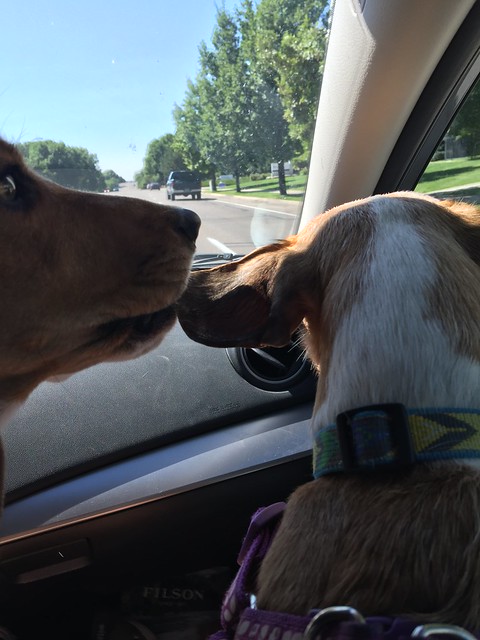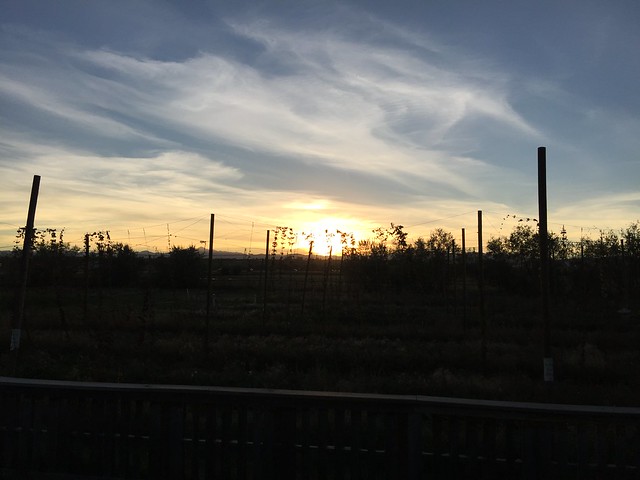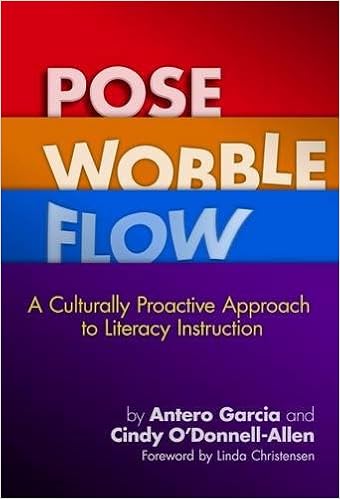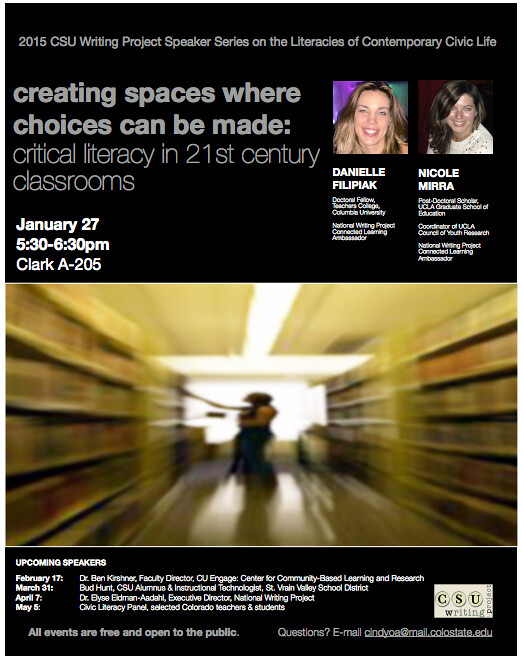Don’t bury the lede: In January I am joining the Stanford Graduate School of Education as an assistant professor. I am looking forward to working with amazing colleagues there and will be sharing more about what my work looks like as I get up to speed in the coming months. Ally and I are in the not-at-all-stressful OMGMOSTSTRESSFULPROCESSEVER of selling and looking for and buying a house. Humblebrag: Ally will be managing a library as part of the San Mateo County Libraries system.
I have only amazing things to say about my experiences at Colorado State University and look forward to continue collaborating with and learning from my colleagues and students. If you are reading this and also on the English Education job market, please consider applying to join the fantastic faculty at CSU here.
To be clear, I am continuing to do similar research to what I’ve been exploring on this blog for nearly a decade. The intersection of literacies, gaming, technology, equity, and teaching remain at the heart of the work I do.
Phew, okay, that’s out of the way. As a bit of catch up, I’m going to just share a bunch of links to articles, presentations, and other opportunities you might be interested in below.
- I’m writing this from the Plum Creek Children’s Literacy Festival in Seward, Nebraska where I’ll be presenting later this afternoon.
- Next Sunday, I’m thrilled to be co-presenting the opening keynote for the4T Virtual Conference on Digital Writing with my always awesome friend and co-author, Nicole Mirra. The digital conference looks great (and is FREE!), so take a look here.
- Three days later, on October 5th, Nicole and I are joining up with (also awesome friend and co-author) Danielle Filipiak to run an all day workshop on Youth Participatory Action Research at the Digital Media & Learning Conference.
- I have begun editing a column for the Journal for Adolescent and Adult Literacy called “Challenging Texts.” The first column is accessible online and sets out the stakes for the column over the next two years. If you are interested in reviewing and writing for this column, please get in touch!
- I’m still regularly blogging for DMLcentral, my most recent post was last week’s discussion of “compojing.”
- I had a recent article in the ALAN Review titled “Networked Teens and YA Literature: Gossip, Identity, and What Really #matters.” The article is currently print-only, but please get in touch if you’d like to take a look.
- My role as the President of the NCTE Studies on Literacies and Multimedia Assembly (SLAM) is coming to an end. Please consider joining our group and also running for a leadership position! (We have awesome, monthly hangouts with some amazing guests. Here’s our hangout from last week:
The next few months remain a bit busy logistically, but I’ll check in a few more times before 2016 wraps and hope to get back into a regular posting schedule soon.
For those curious, this post’s title quotes Radiohead’s “Palo Alto,” a song I’ve been thinking about lately that you can hear here.
(Psst: this is not a book.)






